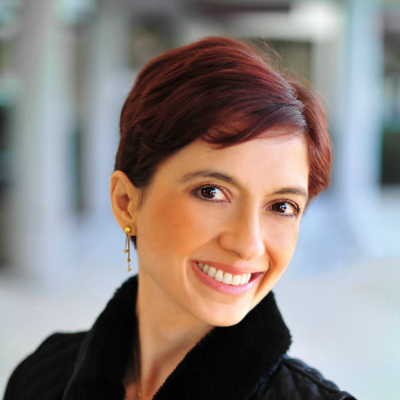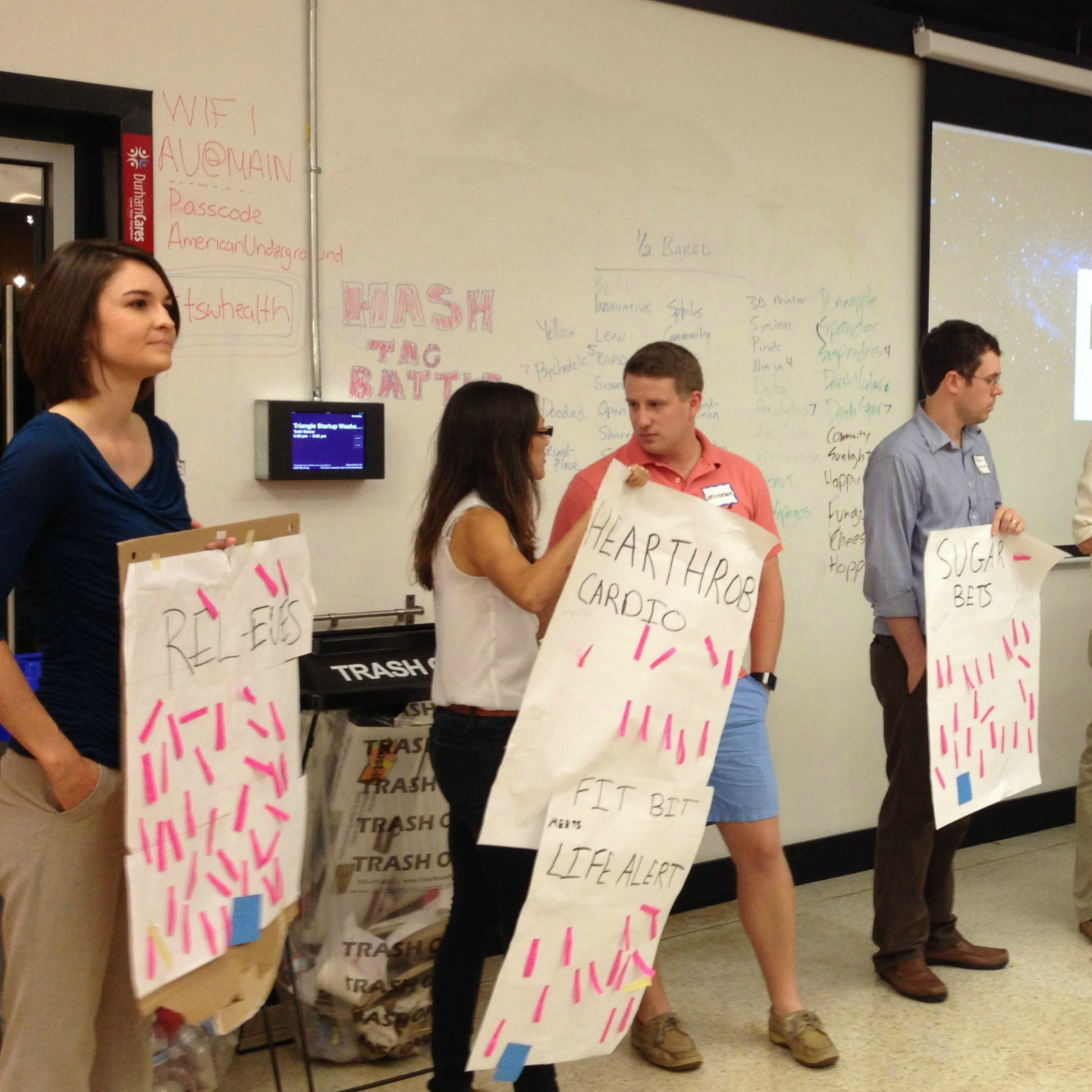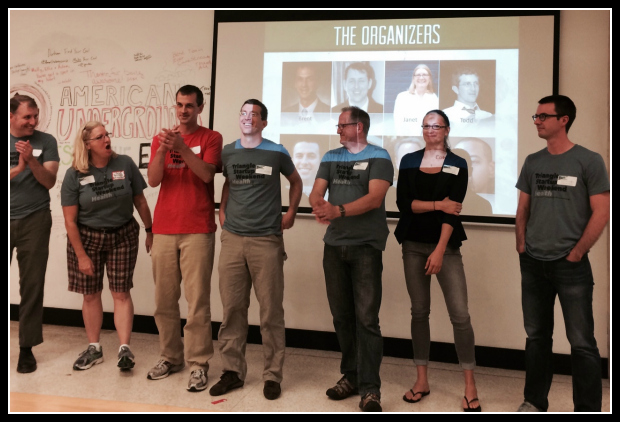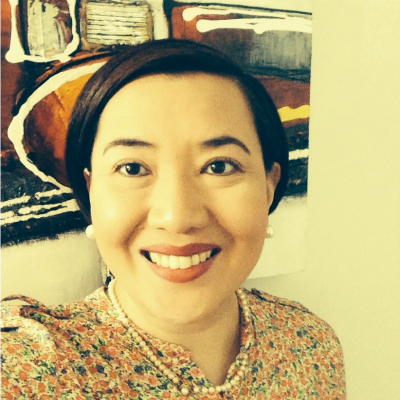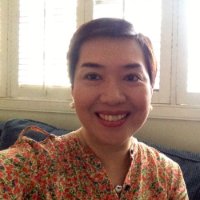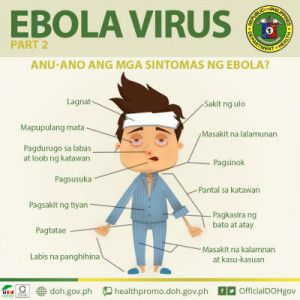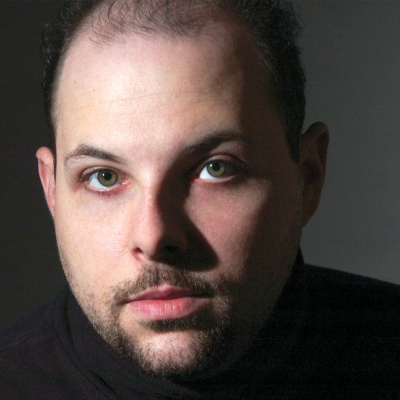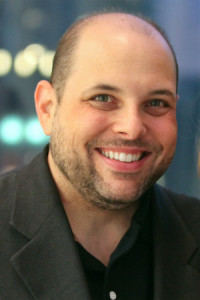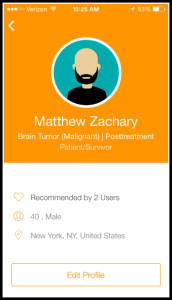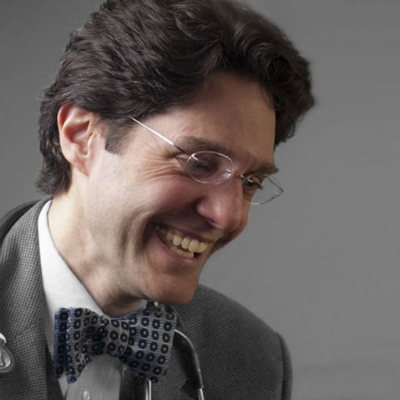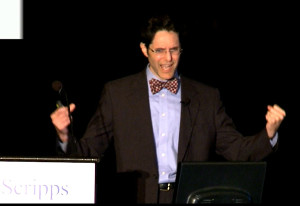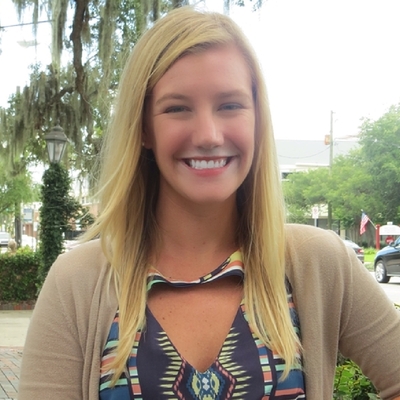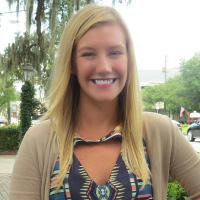From Corporate Stress to Wellness Entrepreneur
Population health discussions often revolve around breaking the chain of illness by focusing on wellness. Many innovations in patient wellness are being driven by entrepreneurs and startups. One such entrepreneur is Farnoosh Brock. She recently served as a judge at Triangle Startup Weekend Health where we caught up on her entrepreneurial journey that led her to her founding her company Prolific Living.
To drop in on specific parts of our conversation, refer to the time stamp below:
 00:00 Welcome
00:00 Welcome
00:43 Introduction to Farnoosh Brock
01:30 Judge for Triangle Startup Weekend
02:40 Holistic Health
03:02 Wellness concepts
04:02 “Too busy to be well?”
04:50 “If you don’t make time for wellness now, you’ll need to make time for illness later.”
05:58 Look at your life – What can you eliminate?
07:00 Transition from corporate world
08:20 Juicing
09:10 Publishing “The Health Juicers Bible”
10:00 Building an online community
11:10 BlogWorld (Now NMX – New Media Expo)
13:35 Engaging with online community
15:08 Relationships were key to building online business
16:45 Dealing with patient/health questions
20:00 Victim mentality helps no one.
22:18 Positive thinking and health outlook
24:00 Love yourself first
24:45 Social Media Tip: Dr. Gia Sison “Responsible Tweeting”
Visit our resources page for more valuable (and free!) resources on social media and digital health:
Podcast: Play in new window | Download

